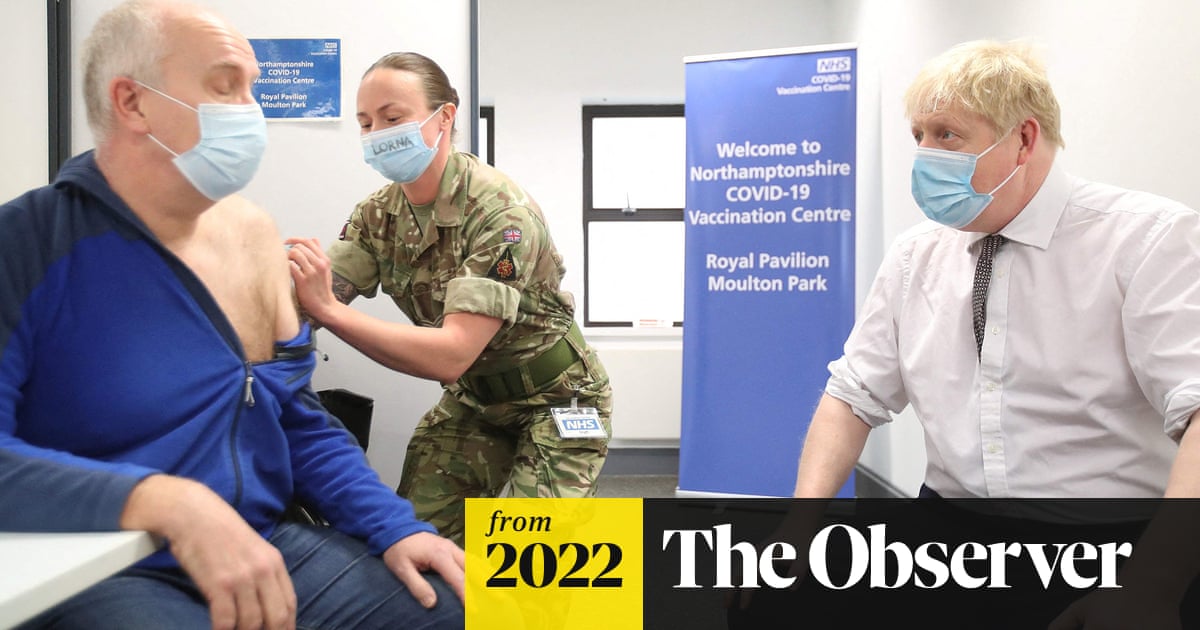Heppenheimer
Well-Known Member
Sort of, but not quite. The memory T and B cells that remain are sort of like a pool of reservists that were never called up. Once the cell matures and actually starts fighting the specific antigen for which it was selected, it has a limited life span.I’ve been reading a lot about the immune system in regards to how long immunity lasts and it’s very complex also. Active antibodies (the waning ones that worry us) prevent illness by overpowering it. It’s like a battle, if they outnumber the Virus they win, if the Virus outnumber them they lose and we get sick.
I’ve read reports that hypothesize that repeated exposure can keep levels elevated but that hasn’t been proven. I’ve also read about a thing called cell exhaustion that prevents us from making them indefinitely even if we’re constantly exposed.
The side that will ultimately offer long term protection are memory T-cells and memory B-cells, these are cells that survived the battle and change from active cells that fight the virus to dormant cells that remember how to fight the virus. They generally last until we die. Because they are dormant they don’t fight off new virus as they enter the body, they just remember how to fight them, so they don’t prevent you from getting sick, they just allow your immune system to quickly ramp up the specific cells needed to fight the virus after your sick.
The focus is currently on vaccines and boosters to maintain high active antibodies because that’s what prevents illness (because the virus is everywhere) but once the pandemic is controlled and we aren’t being exposed constantly we won’t need to maintain high active cell counts and can rely on our memory cells for the occasional exposure to it. (Or a yearly shot like the flu shot that increases active cells for a specific amount of time when we expect a lot of exposure to a virus again).
Just a waiting game now. We need to maintain active cells until the virus dies down, then we won’t need to worry about how many shots we’ll need or how frequent, it’ll likely be a yearly booster at most.
That pool of reservists that remains is what goes dormant. But even this pool diminishes slowly over time (for those who took chemistry, it declines predictably via 1st order kinetics). It never goes to completely zero, but it might diminish far enough that the remaining numbers are inadequate to respond to an infection. This is why we receive boosters for most vaccinations.
It's not really a matter of "memory", these are single cells that have no nervous system. However, a variable portion of their genetic code just so happens to produce the correct antibody that is needed to fight a specific infection. This is the reason that their stem cell "ancestor" was selected and allowed to form a clone army of itself. When that same infection arrives again, a portion of these memory cells get "called up to active duty", where they then differentiate into their mature forms.
As a side-bar, I've been reading about why certain vaccines and infections seem to stimulate much longer protection than others, apart from the issue of their targets mutating. It's complicated, but according to the most likely theory, it depends on the number leukocyte of stem cells stimulated by the initial infection and/or vaccination. Even though the cells are selected through random chance, certain configurations in the target (the infection or vaccine) are more likely to generate a more robust response. For whatever reason, the specific antigens on the measles virus (or vaccine) just happen to stimulate a much larger number of matching stem cells than conditions like pertussis or COVID. Also, children have a much larger population of immune stem cells than adults. This is part of the reason why it makes sense to start most vaccine series in children. It also suggests that when we finally have COVID vaccines for young children, barring further antigenic drift of the virus through mutation, they may need boosters less frequently than adults.

